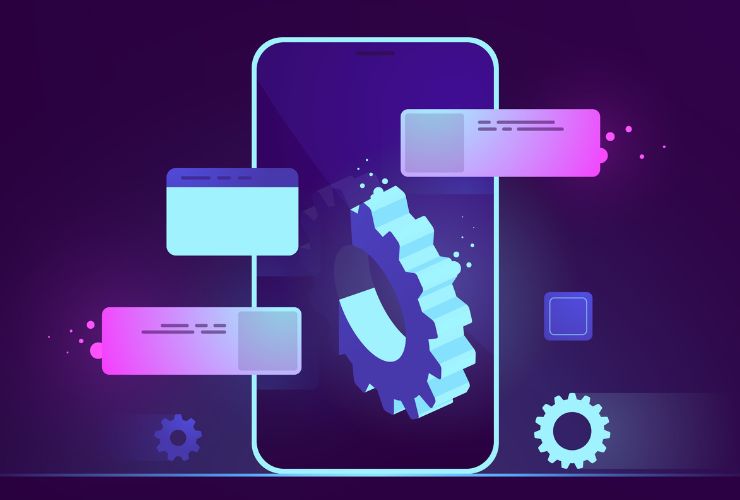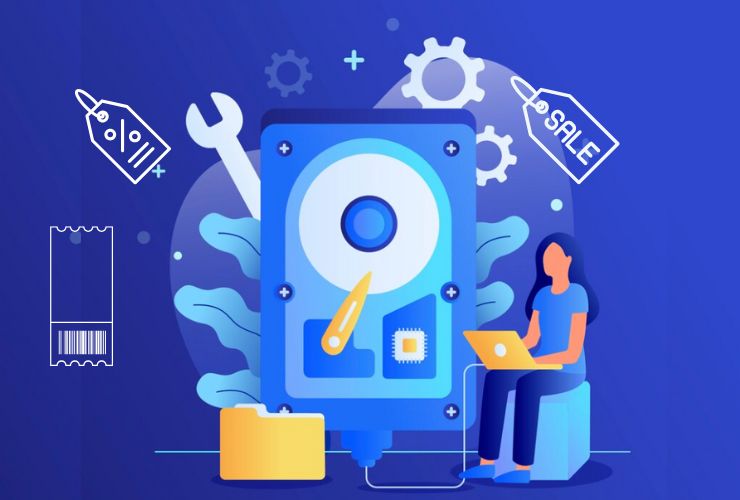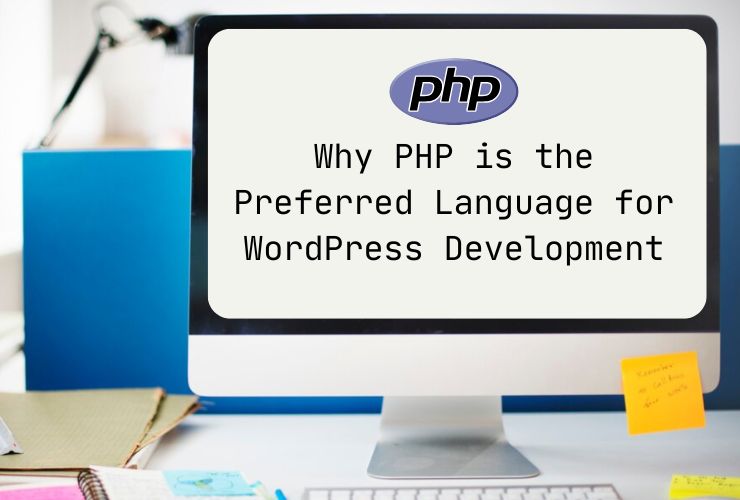In today’s competitive digital landscape, businesses are under increasing pressure to deliver high-quality mobile and web applications—quickly, efficiently, and cost-effectively. Whether you’re a startup building your first MVP or an established brand expanding into mobile, selecting the right development approach can significantly impact your success.
One of the trends gaining momentum is cross-platform development, where businesses are able to develop applications for two or more platforms with a single codebase. Is it suitable for your business, though? Let’s dive in and see what cross-platform development is all about, its advantages and disadvantages, and how to make an informed decision based on your own needs.
What Is Cross-Platform Development?
Cross-platform mobile app development refers to the methodology of developing a single app that can be implemented on various operating systems—primarily iOS and Android—based on one codebase. This is facilitated by modern frameworks such as Flutter, React Native, and Xamarin, which provide tools, libraries, and controls to develop apps that are functionally as well as visually equivalent to native apps.
This. is contrasted to native development, where separate apps must be created for each platform using the respective platform-native tools and languages (Swift/Objective-C for iOS and Kotlin/Java for Android).
Benefits of Cross-Platform Development are:
Faster Time to Market
With one codebase per platform, your team can now do features once and not reinvent effort on lots of platforms. That shortens the product development cycle by leaps and bounds and lets you get to market sooner—an advantage that is paramount in markets in which timing is everything that makes or breaks product launch.
Lower Development Costs
Cross-platform development makes resources easier to combine. No longer are there two teams for iOS and Android, saving labor costs and reducing complexity. That makes cross-platform appealing for small and medium-sized businesses and startups with limited budgets.
Unified User Experience
It is simpler to get a comparable look and feel across various platforms using cross-platform frameworks. With Flutter kind of frameworks, it is easy to create highly custom native-looking widgets that provide brand consistency on Android as well as iOS.
Lesser Maintenance and Updates
Since you have only one codebase for the app, you have to maintain or update it once only, and both platforms get to enjoy it. This makes maintenance in the long term much easier and allows you to roll out new features inexpensively and rapidly.
Potential Pitfalls to Keep in Mind
Performance Constraints
While cross-platform solutions have come a long way, they still fall short of native app equivalents in performance. Applications with heavy reliance on graphics processing, real-time processing, or high-performance animation (like games or AR/VR applications) are typically best served natively.
Limited Access to Native Features
Whereas frameworks like React Native and Flutter offer bridges or plugins to call native APIs, latest or newest platform-specific capabilities aren’t yet supported. This may result in extra development time should your app require to be tightly bound up with native capabilities like Bluetooth, advanced camera capabilities, or biometric authentication.
Design Constraints
Each platform does have its language of style—iOS has Human Interface Guidelines, while Android has Material Design. Cross-platform frameworks attempt to be consistent but will occasionally fall short of a natively like experience. In others, the developers must add custom components or logic for each platform, which somewhat negates the idea of code reuse.
Cross-platform development isn’t ideal for every project, but in many scenarios, it offers a practical and efficient solution. Consider cross-platform development if:
- You’re launching a Minimum Viable Product (MVP) and need to validate your business idea on multiple platforms without overspending.
- Your app is moderately complex, and doesn’t require intensive processing or deep native integrations.
- You’re looking to reduce time to market, especially in fast-paced industries like fintech, healthtech, or e-commerce.
- You need feature parity and identical UI on all platforms.
- You would like to minimize long-term maintenance and continuing development costs.
When to Employ Native Development Over
All these benefits notwithstanding, cross-platform development is not always the best choice. Native development might be more suitable if:
- Your application necessitates access to low-level hardware features (e.g., custom camera processing, sensors, ARKit/ARCore).
- It is performance-critical, for instance, for high-end mobile games, video editing software or 3D modeling and rendering applications.
- You are certifying a platform-specific user base or ecosystem, certifying perhaps an iOS-exclusive company app.
- Your users require a deeply integrated, platform-native experience with no compromise on speed, design, or responsiveness.
Cross-platform development has reached maturity as a reasonable choice for companies willing to build mobile applications without the expense or time complexity of natively coded apps. But it’s no magic bullet. The choice will depend on a mixture of concerns such as:
- Your budget and schedule
- Your user interface for your application
- Your performance and graphical requirements
- Your long-term scalability and maintainability aspirations
By weighing these factors thoughtfully, you can determine whether cross-platform strategy is best for your company needs and users.
Decision Guidance Needed?
Each application will pose its own purpose, audience, and technical demands. If you’re not sure if cross-platform is the way to go with your next application, a chat with an experienced development partner will give you a clearer picture of your choices and prevent expensive missteps down the line.
Contact Us Today













 Database Development
Database Development












































